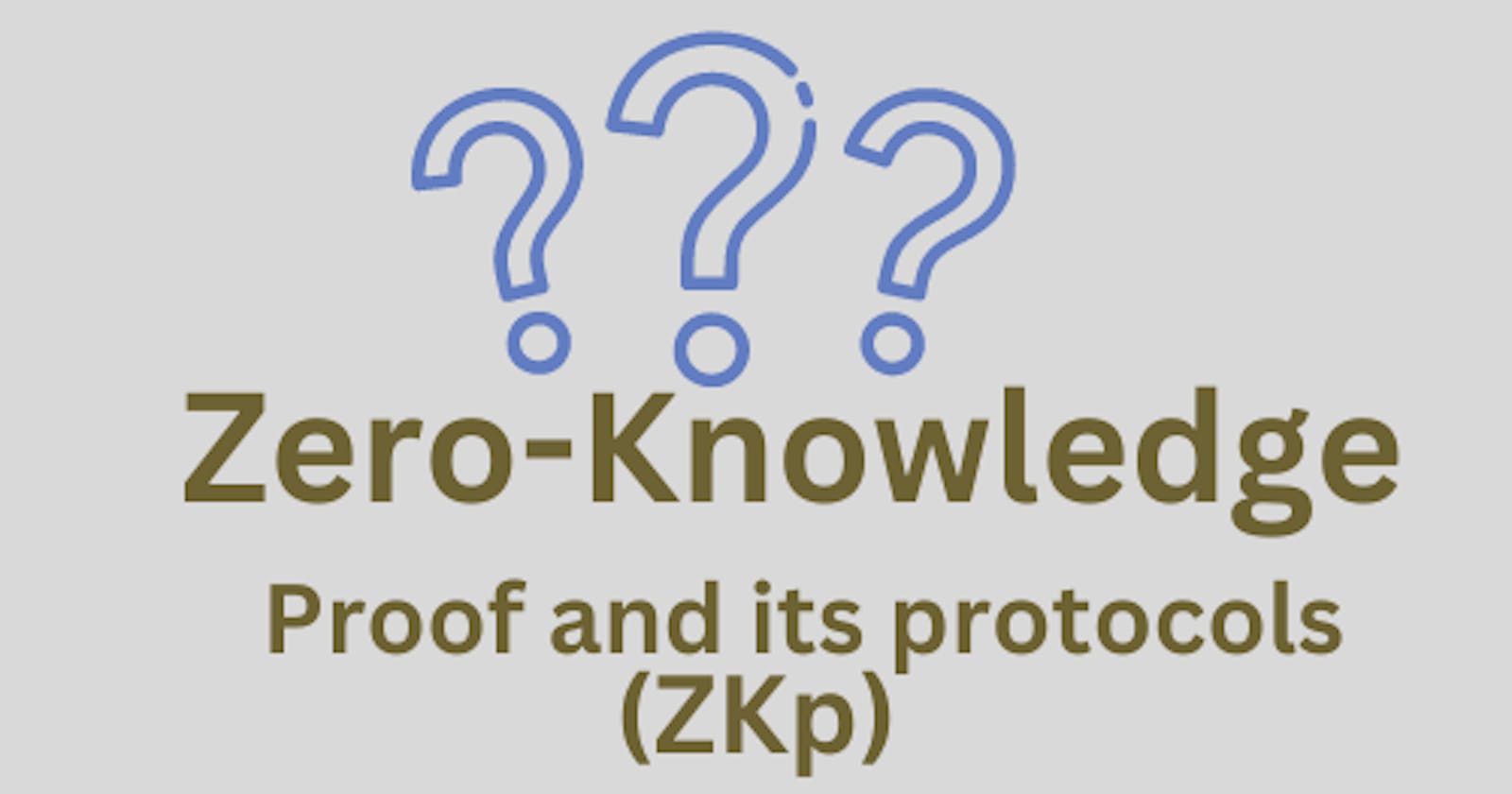Table of contents
Imagine you are returning home from work; on your way back, you called off at a store to get some candy for your little boy at home.
When you get home, your little boy opens the door and demands candy before you can enter the house. You find a way to let him know you have the candy without showing it to him. This method is related to zero-knowledge proof (ZKP).
What is zero-knowledge proof?
Zero-knowledge proof (ZKP) is a cryptographic technique that allows one party (the prover) to prove to another party (the verifier) that they know a certain piece of information without revealing the actual information. For example, given the hash of a random number, the prover could convince the verifier that there indeed exists a number with this hash value without revealing what it is.
In other words, the prover can convince the verifier that they have a certain piece of information without actually telling the verifier what that information is. This can be useful in situations where the prover wants to prove that they have access to certain information, but doesn't want to reveal the actual content of that information.
One of the main benefits of "zero-knowledge proof" is that it allows parties to prove their possession of certain information without revealing that information to others. This can help protect the privacy of the prover and prevent sensitive information from being disclosed.
Zero-knowledge Proof Protocols
There are several different types of zero-knowledge proof protocols, including interactive and non-interactive proofs, proof of knowledge, and proof of membership.
Interactive proofs involve a back-and-forth dialogue between the prover and verifier, where the prover provides responses to challenges from the verifier.
Non-interactive proofs, on the other hand, do not require any interaction between the prover and verifier. The proof consists of a single message sent from the prover to the verifier.
Proof of knowledge is used to prove that the prover has certain information and that they know what that information is.
Zero-knowledge proof protocols are used in a variety of applications, including cryptography, computer science, and blockchain technology. They have the potential to revolutionize the way we verify and secure information and are likely to play a significant role in the development of new technologies in the future.
Summary
We have learned about ZKP which allows a prover to prove to a verifier that they know a certain piece of information without revealing the information. we also talked about different types of zero-knowledge proof protocols, including interactive and non-interactive proofs, proof of knowledge, and proof of membership. ZKP has a lot of use cases and has huge potential to evolve our means of verifying and securing information.
